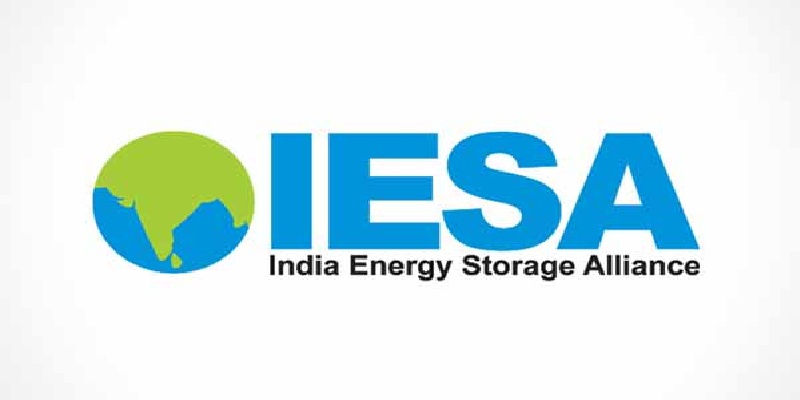Schedule a Call Back
“The PLI scheme has provided benefits like low manufacturing costs.”
 Interviews
Interviews- Sep 25,24

Related Stories

CEAT Partners CleanMax for 59 MW Hybrid Wind–Solar Power Project
CEAT has partnered with CleanMax to source ~59 MW of hybrid wind–solar power for its Halol and Kanchipuram plants, boosting clean energy use to around 60 per cent and cutting emissions significant..
Read more
PCIM Asia New Delhi Conference Debuts, Showcases Power Electronics Future
The inaugural PCIM Asia New Delhi Conference brought global experts, policymakers and industry leaders together to discuss high-efficiency power electronics and India’s evolving energy ecosystem.
Read more
India’s energy storage capacity set for 10-fold surge in 2026: IESA
India’s battery energy storage capacity is projected to rise nearly ten-fold in 2026 as projects move from tendering to execution, marking a pivotal year for the sector, according to IESA.
Read moreRelated Products

Integrated Electric Gripper S Series
IBK Engineers Pvt Ltd offers a wide range of integrated electric gripper S series.

Geared Electric Motors
Delco Fans Pvt Ltd offers single phase capacitor run and three
phase geared Instrument motors, totally enclosed face/foot mounted.

“Kusam-Keco” Partial Discharge Acoustic Imager - Model - Km-pdai
‘Kusam-Meco’ has introduced a new “Partial Discharge Acoustic Imager Model KM-PDAI.














